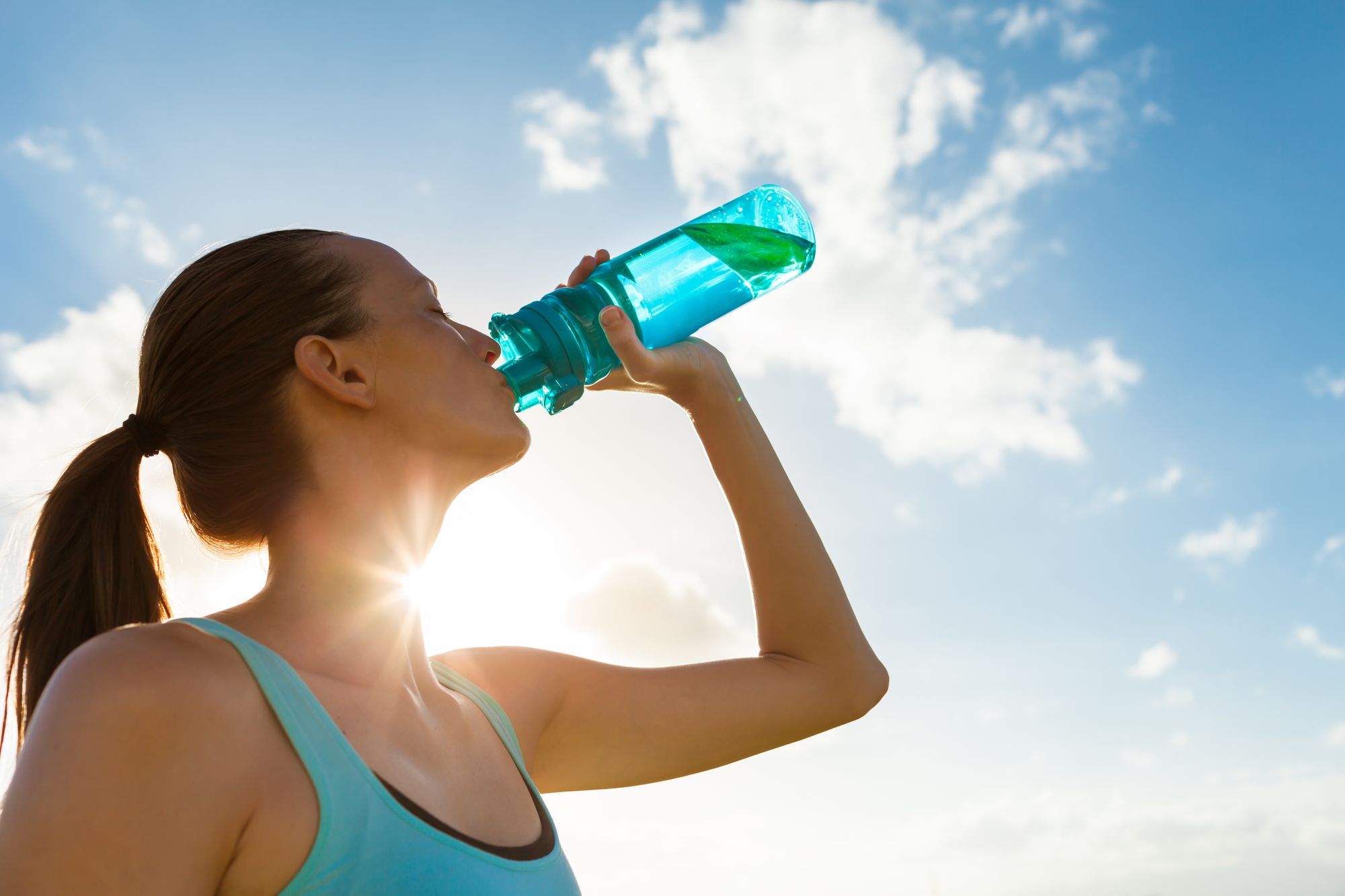In the world of health and wellness, misinformation can be rampant, making it difficult to know what advice to follow. It's essential to recognize that everyone's needs are unique, and consulting with a healthcare professional can provide tailored guidance. To help you navigate through the noise, Kate Meier, a certified personal trainer with Garage Gym Reviews, offers some expert tips on daily physical activity.
Meier suggests that combining moderate and vigorous activity with strength training is beneficial for muscle building, overall strength, and bone strength. The Physical Activity Guidelines for Americans recommends that adults should aim for a minimum of 150 minutes (2.5 hours) of moderate-intensity or 75 minutes of vigorous-intensity aerobic exercise per week, coupled with two days of strength training.
If this seems daunting, don't worry. The key is to break down your exercise into manageable chunks that fit into your schedule. For instance, you can aim for five 30-minute cardio sessions throughout the week to meet the 150-minute target. Meier emphasizes the importance of being consistent with your workouts and spreading your physical activity across the week to avoid injury and optimize your health.
1) Optimize Physical Activity for Improved Health

Incorporating movement into your daily routine is crucial for maintaining good health. The benefits of regular physical activity are numerous, including improved brain function, healthy weight management, reduced risk of chronic disease, stronger bones, and increased ease in daily activities, as stated by the Centers for Disease Control and Prevention (CDC).
Kate Meier, CPT, a certified personal trainer with Garage Gym Reviews, emphasizes the importance of incorporating movement into your day, especially if you have a sedentary job. "Sitting for long hours can increase the risk of health problems, and building time into your schedule for some standing or walking breaks is an excellent way to mitigate that risk, whether it's taking the stairs instead of the elevator, walking to get lunch or even mini workouts during the day," she says. Even if you work out daily, it's important to keep moving throughout the day to maintain good health.
To make movement a part of your daily routine, consider taking a walk during your lunch break or using the stairs instead of the elevator. Doing mini workouts throughout the day can also be effective. Stretching, taking a quick walk, or doing some bodyweight exercises can help increase your movement and break up long periods of sitting.
Maximizing movement doesn't have to be complicated or time-consuming. By making small changes to your daily routine, you can reap the benefits of regular physical activity and support your overall health and well-being.
2) Prioritize Mobility Training for Optimal Health

Meier emphasizes the significance of mobility work in achieving overall fitness goals. She recommends integrating mobility exercises in daily routines, such as bodyweight squats with full range of motion, hip opening exercises, and gentle spine rotation. According to the National Institute on Aging, maintaining mobility becomes more crucial as one ages, as the ability to move freely diminishes with age. However, incorporating a daily mobility routine can help keep individuals healthy and physically active, even in advanced age. Therefore, it is essential to prioritize mobility work to achieve optimal physical health, regardless of age.
3) How to Stay Properly Hydrated for Better Health

Staying hydrated is crucial for maintaining good health, yet almost half of U.S. adults report not drinking enough water daily, according to a recent CivicScience poll. Hydration, whether through drinking water or consuming hydrating foods, is important for various health benefits, such as regulating body temperature, delivering nutrients to cells, and supporting immune health.
To ensure adequate hydration, it is recommended to drink at least half an ounce to an ounce of water per pound of body weight daily, with active individuals needing more. "Without adequate hydration, your workouts can suffer," says Meier. For example, a 150-pound person should aim for over a gallon of water per day.
"Good nutrition is key to a healthy lifestyle, but drinking enough water is something many people need help with," says Meier. By prioritizing hydration, individuals can improve their overall health and optimize their physical performance.
4) Incorporate Mindfulness into Your Daily Life

Mindfulness is a practice that has been gaining popularity in the fitness industry. Studies have shown that practicing mindfulness on a daily basis can positively impact overall health and well-being, both physically and mentally. Mindfulness can help alleviate anxiety and depression, assist in stress management, reduce blood pressure, and even improve sleep quality.
To incorporate mindfulness into your daily routine, the Mayo Clinic recommends various techniques such as breathwork, meditation (including sitting, walking, and body scans), being present in the moment, slowing down to notice your surroundings, and accepting yourself as you are.
Although mindfulness may not be considered physical exercise, it is an excellent way to practice self-care and improve overall health. Practicing mindfulness can be done in various activities, and it involves focusing on the present moment, becoming aware of your thoughts and feelings, and acknowledging them calmly. According to Meier, adding mindfulness to your daily routine can help you center yourself and promote a sense of calm and awareness.

